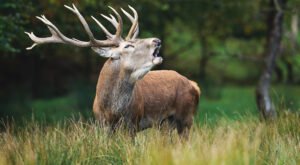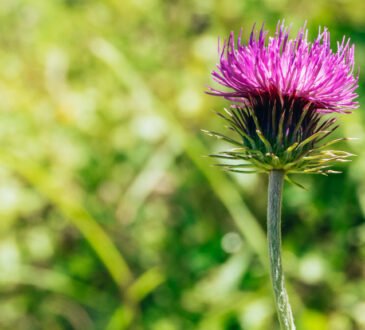
Kasturi, also known as musk, is a substance derived from the glandular secretions of musk deer (Moschus spp.) and is used in traditional medicine, perfumery, and cosmetics. It has been valued for its unique fragrance and potential medicinal properties. However, it’s important to note that the use of musk deer-derived musk is highly controversial and, in many cases, illegal due to concerns about the conservation of musk deer species. As a result, synthetic alternatives are commonly used in perfumery and cosmetics.
Here are some of the potential benefits of kasturi and how it has been traditionally used:

1. Fragrance: Kasturi has a distinctive and long-lasting fragrance, which has made it a popular ingredient in perfumes and incense.
2. Aphrodisiac: In traditional medicine systems like Ayurveda and Unani, kasturi has been used as an aphrodisiac to improve libido and sexual performance. However, scientific evidence supporting this use is limited.
3. Anti-inflammatory: Some traditional uses of kasturi include applying it topically to reduce inflammation and pain in joints and muscles. It is believed to have analgesic properties.
4. Skin Care: Kasturi has been used in skincare products due to its fragrance and perceived skin benefits. It is sometimes used to scent natural skincare products like creams and oils.
Here’s how kasturi has been traditionally used:
1. As a Fragrance: Kasturi is commonly used in perfumes, attars, and incense. A small amount of kasturi can impart a long-lasting, sweet fragrance to these products.
2. In Ayurveda: In Ayurvedic medicine, kasturi may be used as an ingredient in certain formulations or applied topically for its potential anti-inflammatory and analgesic effects.
3. In Cosmetics: Kasturi has been used as a fragrance ingredient in cosmetics such as creams, oils, and soaps. However, synthetic alternatives are often preferred today due to ethical and legal concerns regarding musk deer conservation.
It’s important to emphasize that the use of kasturi derived from musk deer is ethically and environmentally controversial. The trade of musk from these animals is regulated and restricted under international agreements, and the use of synthetic alternatives is recommended to protect musk deer populations.
1. Aphrodisiac Properties: Kasturi has been traditionally used as an aphrodisiac in some traditional medicine systems, including Ayurveda and Unani medicine. It is believed to enhance libido and sexual performance. However, scientific evidence supporting these claims is limited.
2. Anti-Inflammatory and Analgesic Effects: Some traditional uses of kasturi include applying it topically to reduce inflammation and pain in joints and muscles. It is believed to have analgesic (pain-relieving) properties. However, more research is needed to confirm these effects.
3. Fragrance in Aromatherapy: Kasturi’s unique and long-lasting fragrance has made it a popular choice in aromatherapy. It is sometimes used in essential oil blends or diffusers for its aromatic properties.
4. Stress Reduction: In traditional medicine, kasturi has been used for its calming and stress-reducing effects. It is sometimes added to herbal formulations or perfumes designed to promote relaxation.
5. Antioxidant Properties: Some studies have suggested that musk compounds, including synthetic musk, may have antioxidant properties, which could potentially contribute to overall health. However, more research is needed in this area.
6. Skin Benefits: Kasturi has been used in skincare products due to its fragrance and potential skin benefits. Some people believe it can help improve the complexion and skin texture when used in creams or oils. However, synthetic fragrance alternatives are often preferred in modern skincare due to ethical and legal concerns surrounding natural musk.
It’s important to reiterate that the use of musk derived from musk deer is ethically and environmentally controversial, and many countries have banned or restricted its trade to protect musk deer populations. As a result, it is generally recommended to opt for synthetic musk fragrances or essential oils that mimic the scent of musk when using it for fragrance or aromatherapy purposes.




